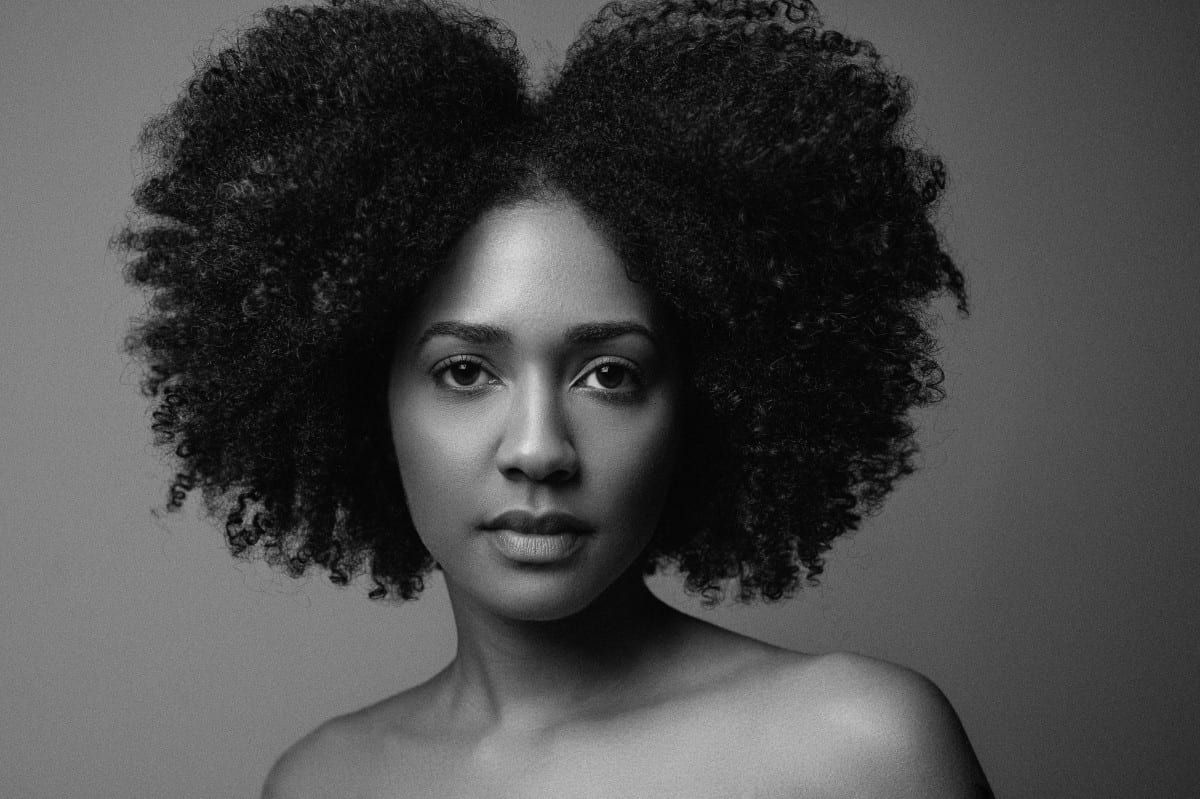Hair politics: reconfiguring beauty for black women
By Sophia Ashby

There is a strong link between femininity and hair that is integral to most women’s identity, but this version of femininity applies only to certain hair types. Cara Thompson talks about how we can configure afro-textured hair into this beauty narrative. Hair politics is a term not often used, but it is a point of discussion integral to racial identity issues.
I asked Cara about her hair journey, as she has recently decided to wear it naturally for the first time in years. “I had worn braids since I was 14, but it became less about my creative expression, and more performative”. Feeling like her hair defined her is one of the main reasons why Cara decided to remove her braids. “Initially they were liberating, but after a while they consumed my identity… I became known for my hair.”
It is no secret that there is a lack of understanding surrounding Afro-textured hair within predominately white cultures. Cara believes that a contributing factor to this is a lack of representation. “There is only one form of acceptable afro, its big and made up of loose curls. The issue is that black culture is accepted to a point, but never fully”. According to Cara, the normalisation of afros is key to making women feel comfortable with their natural hair.
But it is not easy, “I’ve had women from my own culture approach me and say, ‘I would never let my child walk out of the house like that.'” Backlash from her own community signals how deeply entrenched our racial prejudices are. The belief that European hair is more acceptable is so strong that it infiltrates all cultures. Speaking about her mother, Cara explains how she influenced her position on hair politics. “She’s great, but it is complicated because she comes from that generation where relaxed hair is viewed as more professional”. Relaxing is a chemical treatment used on afro hair to make it straight. Cara said she had her own hair relaxed when she was younger, which destroyed it. “It started snapping off… I think my mother carries a lot of guilt about that. Afterwards she gave me a lot of autonomy with my hair”.
The practical elements of wearing your hair natural also appealed to Cara: “I used to spend a whole weekend in the hairdressers getting my braids. Its exciting to try out new products that work for my natural hair, but its also a learning curve. Every day I’m conscious of how my afro looks.” Admitting that she is on a path of discovery with her hair is important in understanding how little we know about non-European hair types. “People forget themselves when they see afro textured hair and feel they have a license to touch it.” The lack of understanding around afro hair projects it as a point of fascination, or as Cara describes it: “fetishisation”.
Women’s hair is highly sexualised, and Cara explained that she was “often fetishised” because of her hair. On discussing hair with an ex partner, she said “I asked him what he would think if I shaved it all off. He said he wouldn’t like it, but could not explain why”. According to Cara, hair “is bound up with femininity and sexuality. To put it blatantly, people have a lot more internalised homophobia than they think”. The symbolic importance we place on hair as an outward signifier of identity is clear. As a black woman, how you wear your hair is always a political statement; one that you can rarely win. “You’re either seen as ashamed of your culture or not professional or beautiful”.
Navigating hair politics is undeniably difficult for black women. However you decide to wear your hair, undesired responses will follow. “I want to make it clear that I would never judge another girl for not wearing her hair natural. I know how scary it is, but I also know how liberating styles like braids can be”. For Cara, hair is as much about personal preference and practicality as it is a cultural statement.







